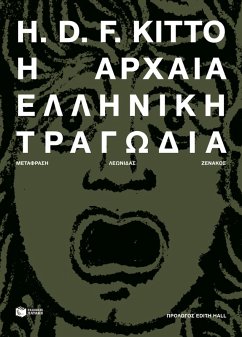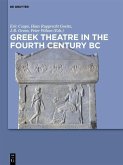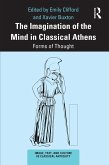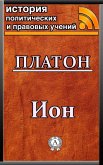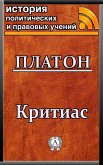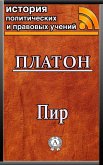This classic work not only records developments in the form and style of Greek drama, it also analyses the reasons for these changes. It provides illuminating answers to questions that have confronted generations of students, such as: * why did Aeschylus introduce the second actor? * why did Sophocles develop character drawing? * why are some of Euripides' plots so bad and others so good? Greek Tragedy is neither a history nor a handbook, but a penetrating work of criticism which all students of literature will find suggestive and stimulating.
Dieser Download kann aus rechtlichen Gründen nur mit Rechnungsadresse in A, B, BG, CY, CZ, D, DK, EW, E, FIN, F, GR, H, IRL, I, LT, L, LR, M, NL, PL, P, R, S, SLO, SK ausgeliefert werden.
Hinweis: Dieser Artikel kann nur an eine deutsche Lieferadresse ausgeliefert werden.

